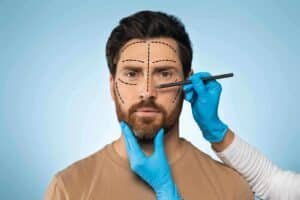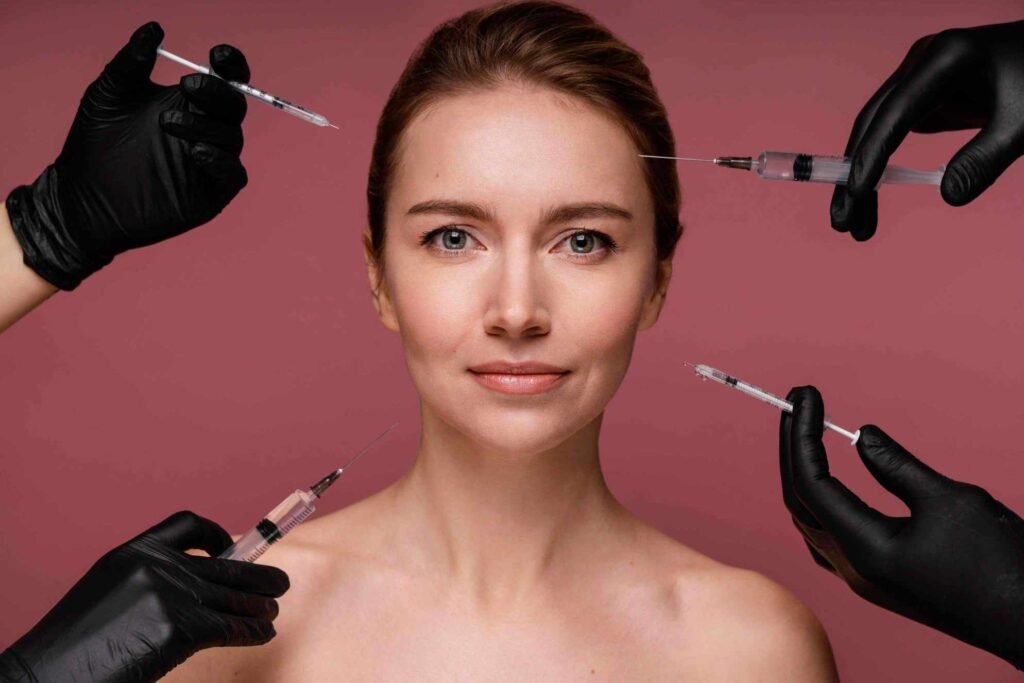Why Choose Plastic Surgery?
In the current times, people are in the pursuit of self improvement, plastic surgery has taken a front seat. This is a concept which was under the umbrella of stigma and misunderstanding due to lack of knowledge. But now it has evolved into a sophisticated field that has benefits that are not just aesthetics. Whether driven by a desire to enhance physical appearance, correct congenital anomalies, or recover from traumatic injuries, this has become a viable option for many. With advancements in technology and surgical techniques, more people are achieving their desired look and boosting their confidence in ways previously unimaginable.
Plastic surgery is often misunderstood as something done just to look better, but the idea behind it is vast. It encompasses a wide range of procedures that can improve both function and appearance. There are people who choose this surgery for self-acceptance, that can rectify physical issues which impacts their quality of life. From reconstructive surgeries that help accident victims regain their normalcy to cosmetic procedures that enhance one’s features, the scope is vast and impactful. Understanding why people choose plastic surgery requires a deeper look into its various aspects. In this blog, we will understand why plastic surgery is a choice worth considering.

What is Plastic Surgery?
Plastic surgery is the field of medicine that focuses on restriction, repair, or alteration of the human body. It can be broadly categorized into two main types: reconstructive surgery and cosmetic surgery.
- Reconstructive Surgery:
Purpose: Aims to restore function and appearance to parts of the body affected by congenital defects, trauma, infections, tumors, or diseases.
Examples: Breast reconstruction post-mastectomy, cleft lip and palate repair, burn injury treatment, and scar revision. - Cosmetic Surgery:
Purpose: Primarily focuses on enhancing the aesthetic appearance of a person, though it can also have functional benefits.
Examples: Rhinoplasty (nose reshaping), breast augmentation, liposuction, facelifts, and eyelid surgery. - Techniques and Procedures:
Minimally Invasive Procedures: These include Botox injections, dermal fillers, and laser treatments.
Surgical Procedures: More extensive surgeries like tummy tucks, breast lifts, and body contouring.
Benefits of Plastic Surgery
There are a range of benefits that extend beyond mere physical appearance. Here are some of the key advantages:
- Enhanced Appearance: Plastic surgery can significantly enhance or alter physical features to align with a person’s desired look.
- Symmetry and Proportion: Procedures can correct asymmetrical features, improving overall facial or bodily harmony.
- Boosted Self-Confidence: Improved appearance often leads to increased self-esteem and confidence.
- Social and Professional Benefits: Enhanced confidence can positively impact personal relationships and professional opportunities.
- Improved Physical Health: Certain procedures, like rhinoplasty, can improve breathing, while breast reduction can alleviate back and neck pain.
- Weight Management: Liposuction and tummy tucks can assist in weight loss and management, promoting overall health.
- Mental Health Benefits: Improved self-image can reduce social anxiety and depression related to appearance.
- Enhanced Quality of Life: Feeling better about one’s appearance can lead to a more active and engaged lifestyle.
- Reconstructive Benefits: Reconstructive surgeries restore normal function to damaged or defective body parts.
- Recovery from Trauma: Helps individuals recover from traumatic injuries, enabling them to return to normal activities.
- Long-Lasting Results: Many plastic surgery procedures offer long-lasting or permanent results, providing lasting satisfaction.

Risks of Plastic Surgery
While plastic surgery can offer numerous benefits, it is important to be aware of the potential risks and complications associated with these procedures.
- Surgical Complications:
Infection: There is always a risk of infection at the surgical site.
Anesthesia Risks: Complications related to anesthesia, including allergic reactions or respiratory issues.
Scarring: Unexpected scarring or keloids may develop. - Recovery and Healing:
Extended Recovery Time: Some procedures require significant downtime and recovery periods.
Pain and Discomfort: Post-surgery pain and discomfort are common and may require medication. - Emotional and Psychological Risks:
Unrealistic Expectations: Some individuals may have unrealistic expectations, leading to dissatisfaction with results.
Post-Surgery Depression: Adjusting to a new body image can sometimes lead to temporary depression or emotional distress. - Financial Considerations:
Cost: This surgery can be expensive, and not all procedures are covered by insurance.
Additional Procedures: Sometimes, follow-up surgeries are required to achieve desired results or correct complications. - Potential for Unsatisfactory Results:
Unexpected Outcomes: Results may not meet expectations, necessitating further procedures.
Asymmetry or Imbalance: In some cases, surgery may result in asymmetrical or unbalanced features.

Conclusion
When you choose to undergo plastic surgery, it is a personal decision which is made after careful considerations and consultation with expert professionals. From aesthetic enhancement to any kind of functional restoration, this surgery can be chosen for several reasons. And the benefits are numerous, like improvement in physical appearance, boosting self-confidence, and an overall quality of life. However, it is equally important to be aware of the potential risks and complications that come with any surgical procedure.
Plastic surgery can provide individuals with a new sense of self and confidence. If there are individuals suffering from congenital defects, traumatic injuries, or other physical limitations, reconstructive surgery can be the best option to offer a path of normalcy. But with all this it is important that individuals have realistic expectations. There can be significant improvements with this, but it is important to remember that it is not a cure-all for every issue.
It is crucial to have realistic expectations and to understand that while plastic surgery can make significant improvements, it is not a cure-all for every issue. Everything has to be taken care of with proper research, consultation with experts, and having a clear understanding of the risks and outcomes connected to the surgery.


